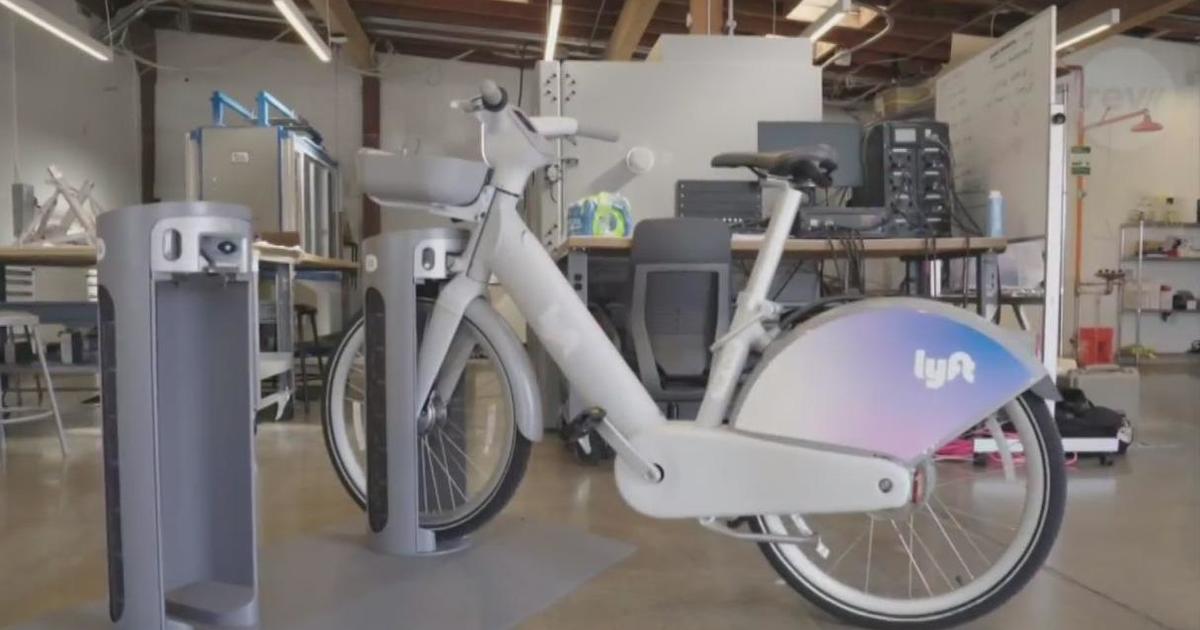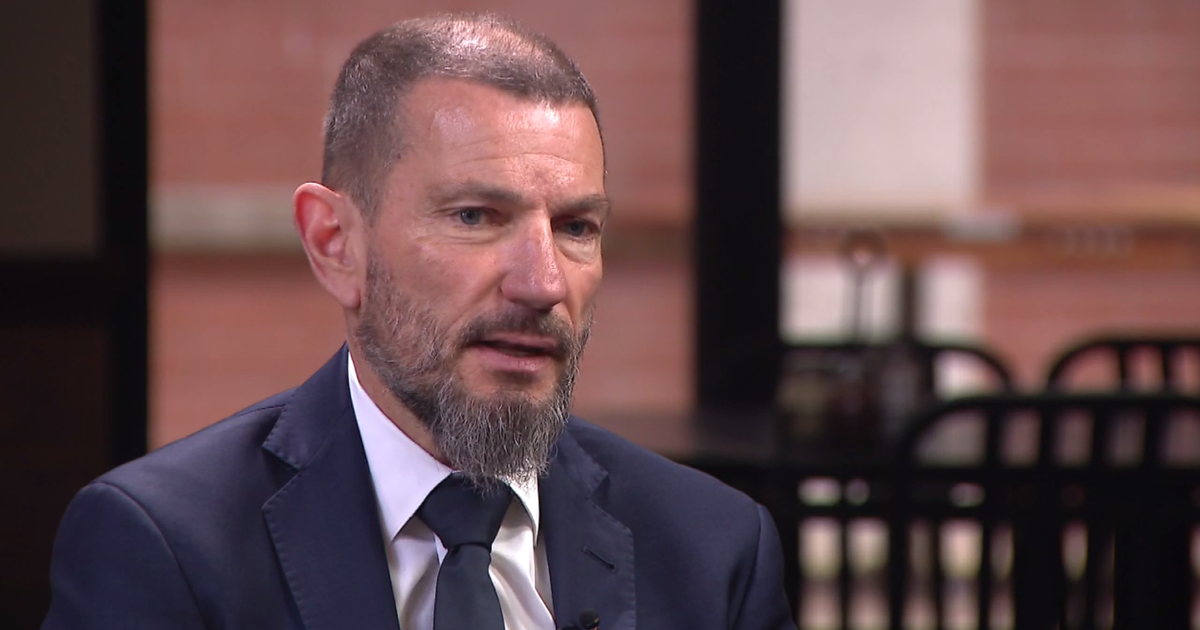E-Scooter Companies Fear Pandemic's Impact On Rides In Second Pilot Program Could Leave Them Out Of Re-Opening Equation
CHICAGO (CBS) -- The last time a shared electric scooter whizzed by on Chicago streets was December. Nearly four months later, the Chicago Department of Transportation is still working on a final report to determine if we need the two-wheeled transportation.
CBS 2 Morning Insider Lauren Victory shares more about a push to pump the brakes on that decision-making.
Post-pandemic life feels close, and now spring cleaning is upon us.
Spring weather is in the air.
This sort of rebirth inspired some chit-chat about what's missing.
Nathaniel Viets-VanLear said shared motorized scooters are being left out of the re-opening equation.
The two-wheeled devices helped teens reach the edges of the North Lawndale neighborhood while on youth-led tours presented by "My Block, My Hood, My City."
"It allows a thrilling experience for them to also give more joy to showcasing their community. North Lawndale is their community. We want them to have pride in it," said Viets-VanLear, program manager with "My Block, My Hood, My City."
But for now, scooter exploration is off limits.
Chicago's Department of Transportation (CDOT) is still analyzing numbers from 2020's four-month pilot to see if they're needed, and if the city can handle them. It came a year after the city's first e-scooter pilot program in 2019.
"Ridership was down about 20 percent year-over-year," said Lee Foley, director of government affairs for Lime, one of vendors that provided e-scooters for the 2020 pilot program.
Foley said he worries the pandemic's impact on rides could negatively influence final Chicago's decision about the program.
Representatives from scooter operators Spin and Bird pointed CBS 2 to a recent Emory University study that found scooter use led to an increase in area food and beverage sales.
"Bird is aligned with the community groups' goals of bringing clean and affordable transportation options to Chicago. Shared scooters, like Bird, in Chicago are a growing and necessary part of the City's diverse transportation network and it is crucial that there is sufficient data to base long-term decisions regarding the program's future. Additionally, as the city rebuilds, recovers and spurs economic growth in the wake of COVID-19 , a new study from Emory University finds that e-scooter programs drive significant consumer spending in cities, which could greatly help local Chicago businesses," Bird senior manager of government relations Sam Cooper said in a statement.
"Other cities are using scooters as a way to get people back on the streets, and to support their small businesses, and to support their neighborhoods," Foley said.
The companies along with "My Block, My Hood, My City," and other community organizations have been pushing since last month to re-start 2020's pilot to gather additional scooter data especially on the South and West sides.
But Viets-VanLear said they haven't heard anything back from CDOT.
The clock is ticking. The city's "Emerging Business" permit allowing for a Chicago scooter test run expires this summer.
City officials told CBS 2 that they are analyzing more than ride count from 2020's data.
The bigger question is about equity, and if scooters would provide an additional form of transportation to areas that really need it.
No one could tell us when the final CDOT report would be released.
In a statement, Spin director of government partnerships Frank Speek said the company has seen demand for e-scooters grow in Chicago, despite the pandemic.
"We believe that ridership will only continue to increase in a post COVID-19 world during the peak seasons of spring and summer. Spin is ready, willing and able to invest and serve the Chicago community," Speek said.



